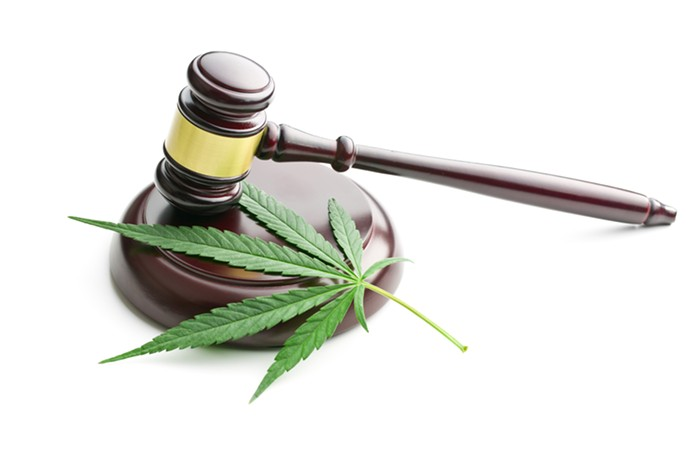Seattle to Grant Marijuana Amnesty Following San Francisco’s Example
Last Thursday, nearly five years after recreational marijuana legalization began in Washington State, Seattle officials announced an amnesty for all residents with convictions for various minor marijuana-related offenses, such as possession or use. The previous week, San Francisco authorities had already announced a similar amnesty.
“Currently, thousands of Seattle residents live with old marijuana convictions on their records. These arrest records prevent them from getting good jobs, home loans, or assistance from social agencies,” said Mayor Jenny Durkan during a Thursday press conference. “Granting amnesty for old marijuana misdemeanors will allow these people to return to normal, fulfilling lives, leaving behind the consequences of criminalization policies.”
City Attorney Pete Holmes, who was previously one of the sponsors of the marijuana legalization referendum, stated that for the past five years he has tried to push a marijuana amnesty bill through the state legislature. Unfortunately, lawmakers ignored his bills, so he decided to start the amnesty process at the local level, reaching an agreement with Seattle’s city hall.
Currently, eight U.S. states have fully legalized recreational marijuana. Three of them—California, Oregon, and Colorado—allow marijuana amnesties on a case-by-case basis. Meanwhile, Seattle, San Francisco, and San Diego are cities aiming to conduct mass amnesties for all residents previously convicted of minor marijuana offenses.
Seattle authorities have long taken a liberal approach to recreational marijuana use and cultivation. Perhaps for this reason, HempFest, one of the largest and oldest marijuana festivals in the country, has been held there annually since 1991. Notably, in 2003, Seattle voters decided to fully decriminalize personal marijuana use.
In reality, only about 500–600 people in Seattle have marijuana-related convictions from the past 13 years. According to Holmes, the oldest marijuana conviction in the local municipal court dates back to 1997. It’s worth noting that since 2010, King County authorities (where Seattle is located) have handled such cases themselves, but it’s likely the county court hasn’t held hearings on marijuana violations in recent years.
“Personally, I haven’t handled such cases. I suppose a few charges may have slipped by me in my early days as prosecutor,” Holmes remarked. “In any case, we’ll soon find these records and erase them completely.”
Mayor Durkan believes the amnesty is the first step in repairing the harm caused to local minority communities by years of strict marijuana criminalization policies.
As of the end of last week, the amnesty process officially began. Any Seattle resident with an old conviction for a minor marijuana offense can check the status of their record in a special section on the city’s municipal court website.
Currently, California authorities are also considering a similar large-scale amnesty. California has the largest number of residents with old marijuana convictions in the country. According to state legalization laws, tens of thousands of residents may be eligible for full amnesty. So far, about 5,000 Californians have already received amnesty through individual case reviews.
Additionally, local amnesties are underway in San Francisco and San Diego. San Francisco District Attorney George Gascón reports that his office is reviewing about 8,000 cases related to marijuana misdemeanors from 1975 to 2016, clearing records and reducing sentences for all eligible individuals. Unlike Seattle, in San Francisco, city authorities—not the county—handled all marijuana violations, meaning more people in California will benefit from the amnesty.
“Unfortunately, in our case, only cases stored in the municipal, not county, court will be eligible for amnesty,” said King County Prosecutor Dan Satterberg. “Besides the fact that we’ll have to search the archives for cases older than three years, county-level amnesties will continue to be handled individually until the county government decides to support Seattle in this project.”
In any case, county authorities promise to assist the prosecutor’s office in quickly processing amnesty applications for residents with minor marijuana offenses on their records.



